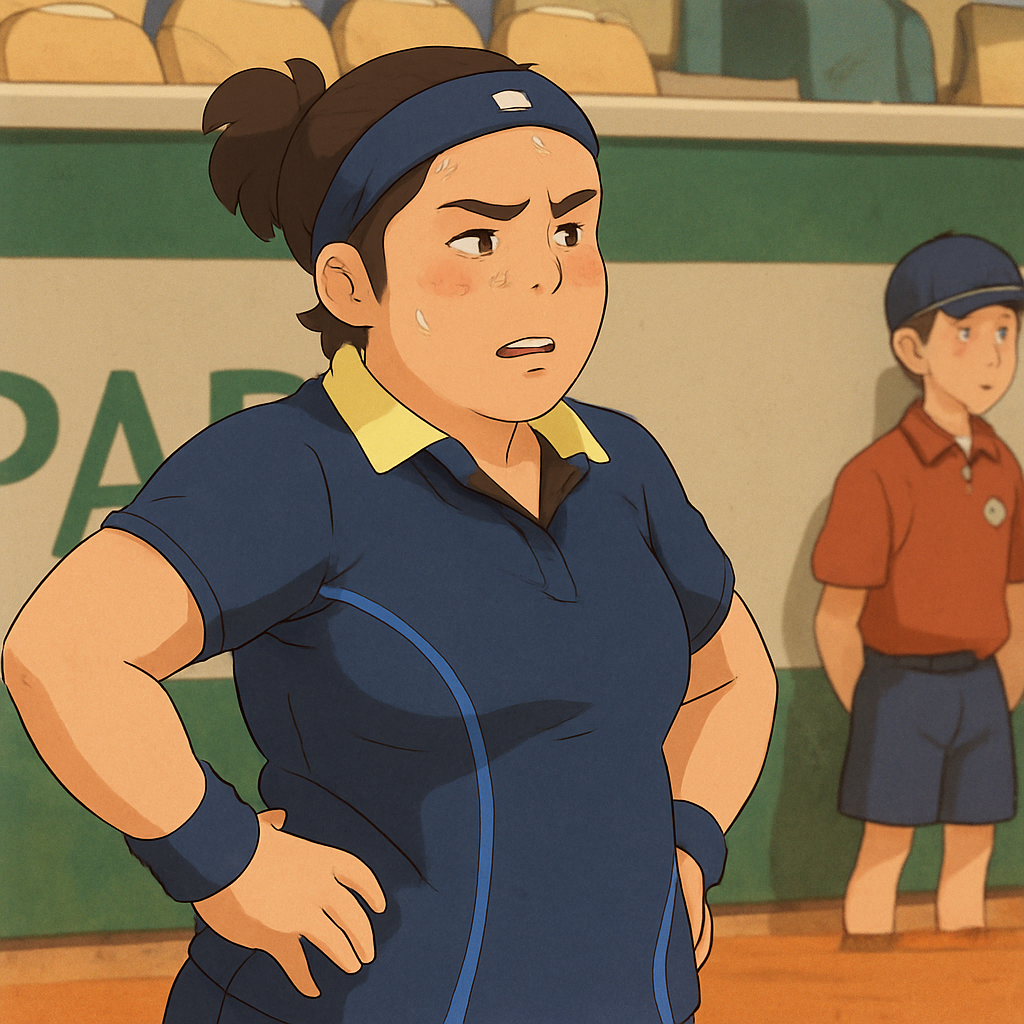PARIS — The French Open’s night session scheduling controversy has reignited after tournament organizers once again excluded women’s singles matches from the coveted primetime slot on Court Philippe Chatrier. Not since 2023 has a women’s match headlined the night session—a streak now stretching 19 consecutive matches, sparking criticism from players, fans, and gender equality advocates.
The Night Session Debate
The French Open introduced night sessions in 2021, billing them as a showcase for the tournament’s most electrifying matches. However, the selection process has repeatedly favored men’s matches, with only two women’s singles matches ever featured in the primetime slot. This year, the trend continued, with all seven night sessions so far featuring men’s matches. Tournament director Amélie Mauresmo, a former women’s world No. 1, defended the selections, stating, "We prioritize matches we believe will deliver the most entertainment and competitive intensity."
Critics argue the policy perpetuates gender disparities in tennis. Former Wimbledon champion Marion Bartoli tweeted, "I don’t think they have daughters. How else can you explain ignoring the incredible women’s matches we’ve seen this year?" The backlash intensified after a thrilling three-set clash between Iga Świątek and Naomi Osaka—a match many believed deserved the night session spotlight—was scheduled during the day.
The Data Behind the Disparity
An analysis of French Open night sessions since 2021 reveals:
- Men’s singles: 21 matches
- Women’s singles: 2 matches (both in 2023)
- Mixed doubles: 0 matches
The disparity persists despite compelling narratives in the women’s draw. Świątek’s dominance, Coco Gauff’s rise, and Aryna Sabalenka’s power-hitting have drawn global audiences. When asked about the imbalance, Mauresmo cited "the unpredictability of best-of-three-set matches" as a factor, suggesting men’s best-of-five format provides more guaranteed court time for ticket holders.
Player Reactions
Two-time champion Świątek diplomatically noted, "It’s not my decision, but night sessions create special atmospheres. Women’s tennis deserves those moments too." Meanwhile, Sabalenka was more direct: "We’re putting on shows every day. Why are we only worth watching in daylight?"
Historical Context
The French Open isn’t alone in facing scheduling criticism. The Australian Open has balanced night sessions more evenly, while Wimbledon maintains traditional daytime play. However, Roland Garros’ stance stands out given France’s progressive reputation on gender equality. Sports sociologist Dr. Claire Fontaine observed, "This reflects deeper biases in how we value women’s athletic performance."
Commercial Considerations
Broadcasters reportedly prefer men’s matches for night sessions due to perceived higher ratings. However, 2023 viewership data contradicts this:
- Świątek vs. Gauff (day): 2.1M viewers
- Djokovic vs. Fucsovics (night): 1.8M viewers
Sponsors have remained silent on the issue, though Nike’s recent "Women’s Tennis Is Unstoppable" campaign appears at odds with the tournament’s scheduling choices.
Looking Ahead
With the quarterfinals approaching, pressure mounts on organizers. Potential marquee women’s matchups like Świątek-Sabalenka could force a policy reassessment. The WTA has declined to comment, but insiders suggest private discussions are ongoing. As tennis journalist Ben Rothenberg noted, "When the defending women’s champion can’t get a night match, the system is broken."
The tournament’s contract with night session broadcaster Amazon Prime Video expires after 2025, potentially creating an opportunity for reform. Until then, the daughters of tennis—both players and fans—will continue waiting for their moment in the Parisian spotlight.
As the debate rages, one fan’s sign during day session summed up the sentiment: "We came for night tennis. Where are the women?" The question remains whether Roland Garros’ organizers will provide an answer before another year passes without change.

